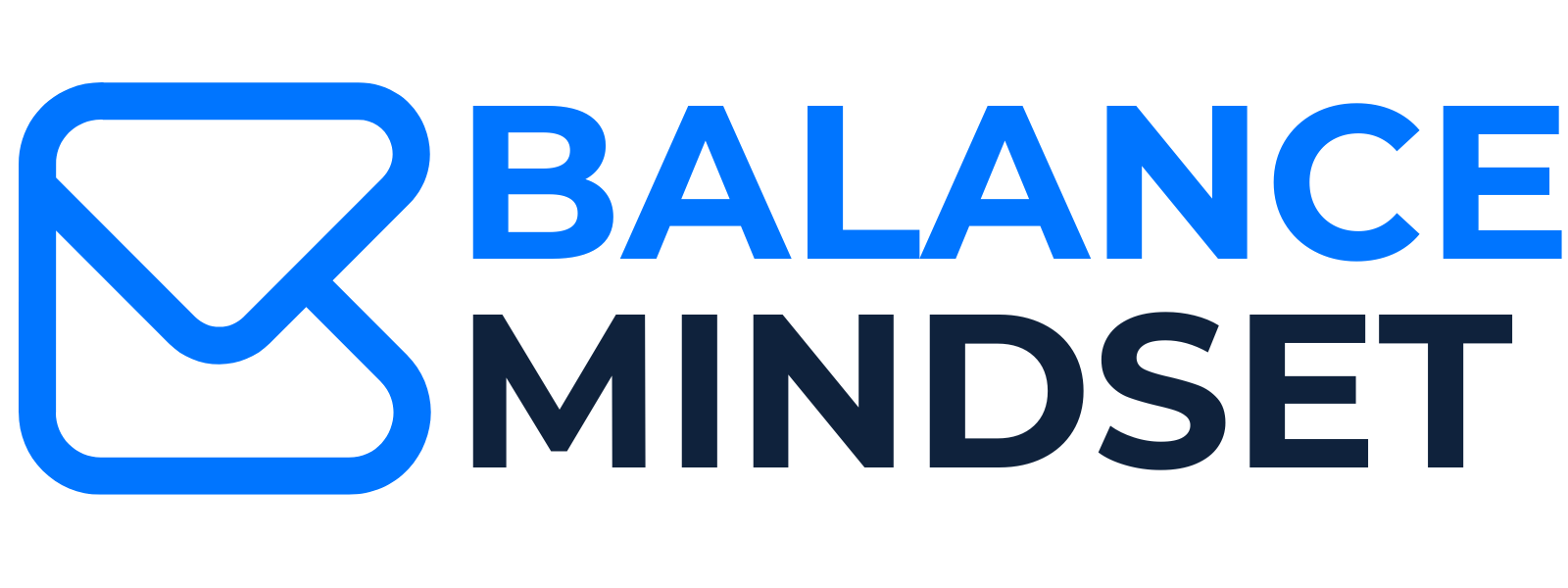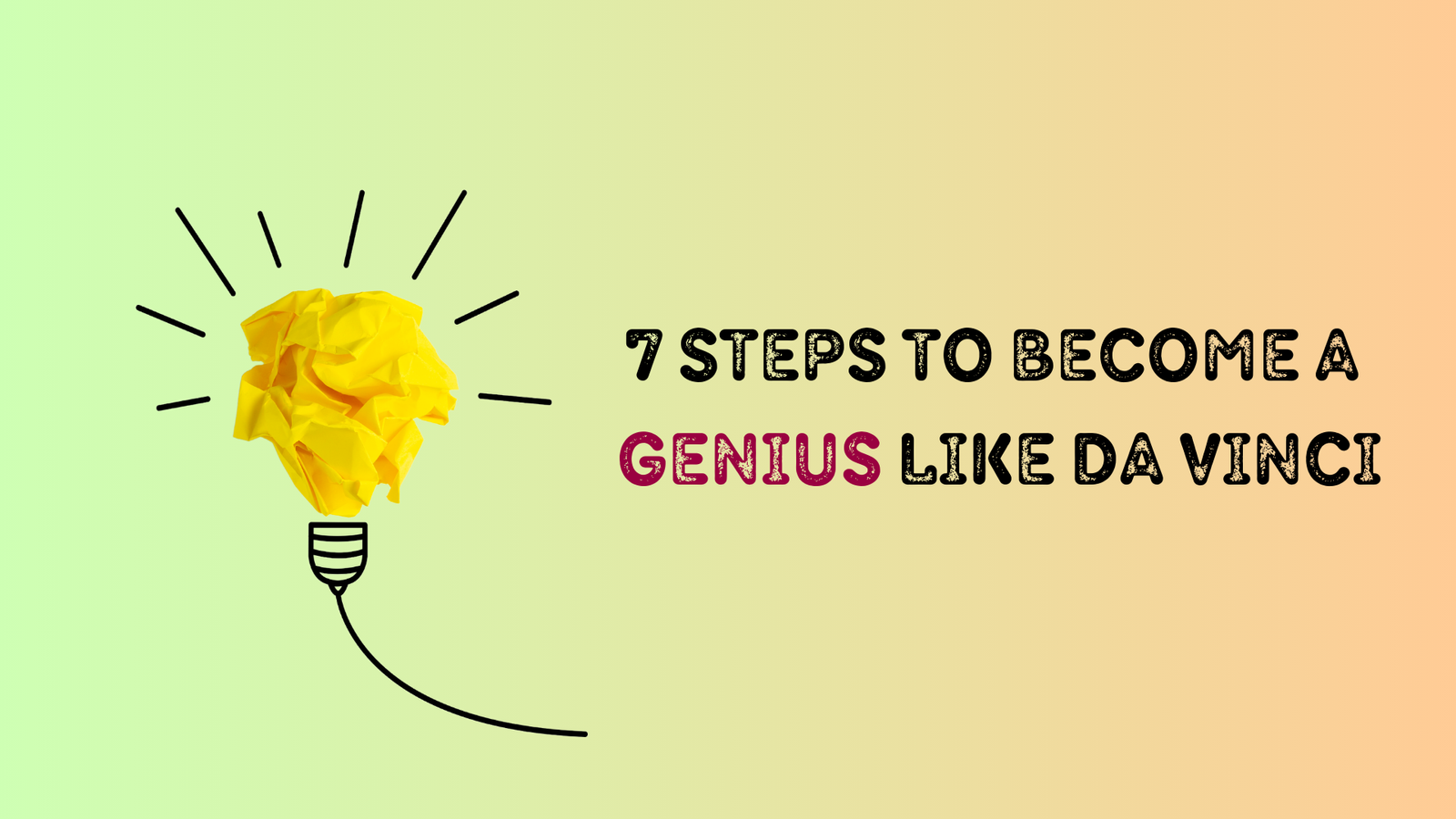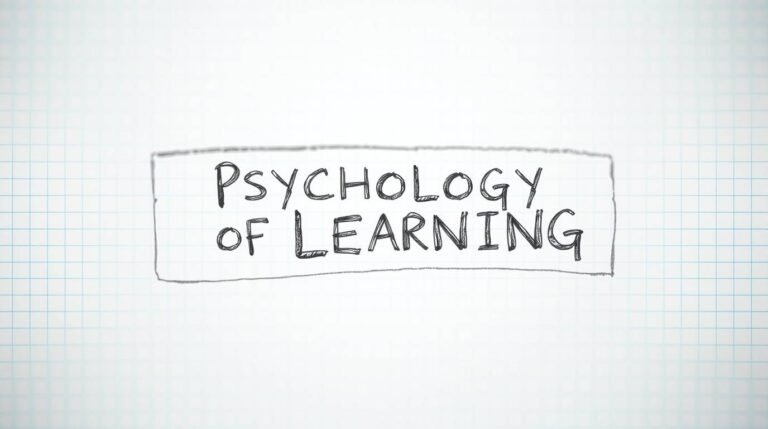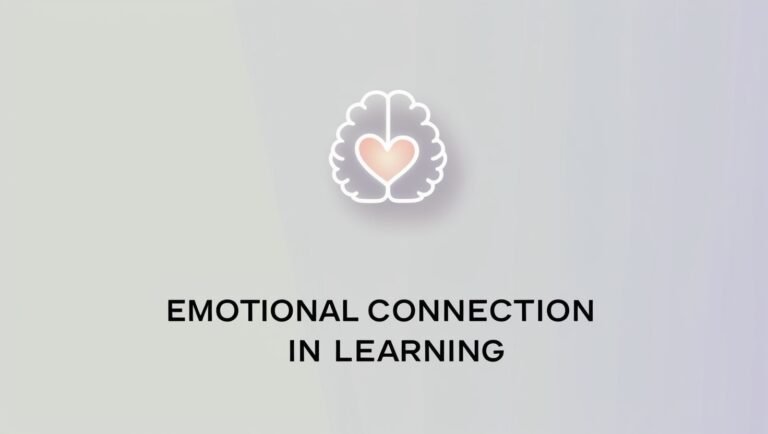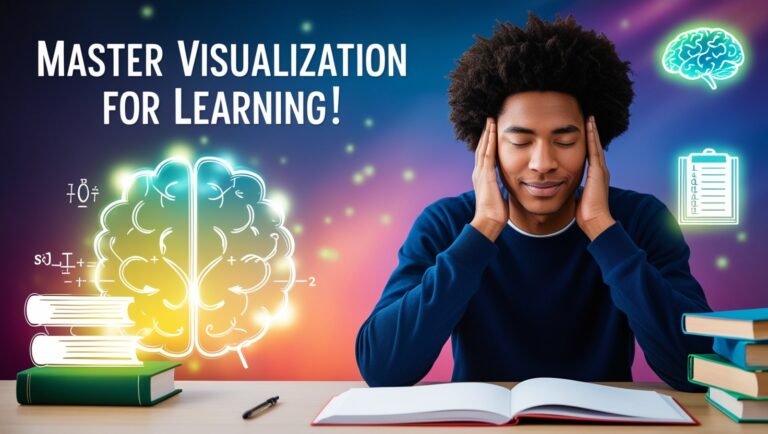Is There Really a Way to Become a Genius? For a long time, people believed that you had to be born a genius. But this is actually a misconception. With enough effort, you too can become a great genius. The book that will tell you how to become a genius is called “How to Think Like Da Vinci” by Michael J. Gelb. This book is extraordinary for improving memory, intelligence, and knowledge. Many people believe that everyone should read this book at least once.
Leonardo da Vinci, Al-Biruni, Albert Einstein, and today’s Elon Musk—they are all geniuses. The book “Think Like Da Vinci” suggests some methods that, if applied correctly, can help you become a genius through your own efforts.
Leonardo da Vinci: The Universal Genius
Leonardo da Vinci is considered the greatest genius of all time. He was an artist, mathematician, architect, scientist, engineer, and writer. And that’s not all; he had an extraordinary grasp of medicine, geography, astronomy, anatomy, botany, history, and literature.
Vinci achieved these feats during a time when television, newspapers, or the internet didn’t exist. He’s regarded as the father of architecture and iconology. His painting, the Mona Lisa, is the world’s most famous and valuable artwork. His The Last Supper is the most printed painting in the world. Among his inventions are the parachute, helicopter, and tank. And amidst all these, his rare ability to write with both hands, or ‘ambidextrous ability’, is often considered a minor skill! Beyond these, he possessed countless other talents, so much so that describing them all would fill volumes. For these reasons, historians call him a “Universal Genius”.
Author’s Note
As a child, the author of this book was a huge fan of two people: Superman and Leonardo da Vinci. Growing up, he learned that Superman was fictional, while Leonardo da Vinci was a real person and everything he had heard about him was true. After this realization, he completely forgot about Superman and became obsessed with Vinci. Even as an adult, his interest in this genius never waned. He spent several years extensively researching and studying Leonardo da Vinci’s life. This included reading Vinci’s books repeatedly and visiting all the places associated with Vinci in France and Italy.
Eventually, Michael discovered that Vinci had followed seven specific principles or methods throughout his life. He also discovered that by following these principles, anyone could significantly improve their intelligence, memory, and skills. According to the author, practicing these principles might not make everyone a genius like Vinci, but it would help people acquire more knowledge, creativity, and skills than the average person.
Now, you too will learn about these seven ways to become a genius. Let’s get started.
7 Ways to Become a Genius
1. Curiosity
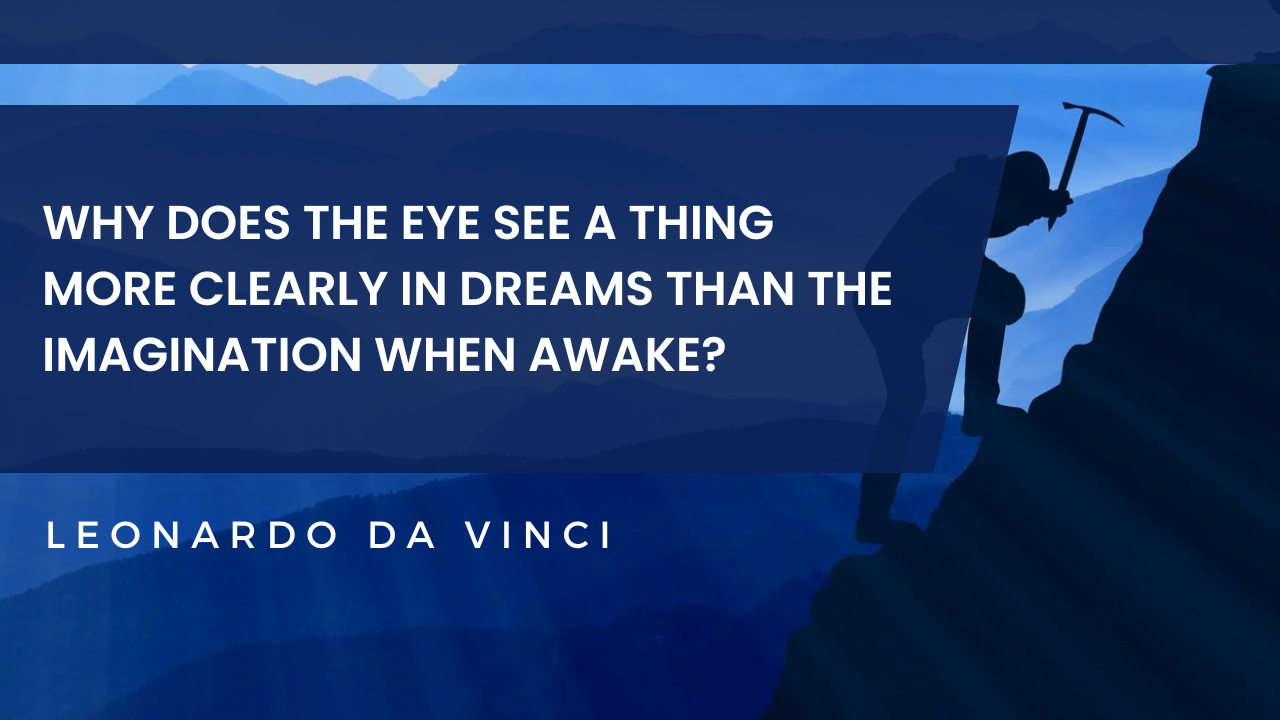
The author argues that Leonardo da Vinci was one of the most curious people on Earth. He was eager to learn about everything in the world. Whatever he encountered, he wanted to understand it. It was this curiosity and thirst for knowledge that enabled him to achieve so much.
Example:
Imagine the world’s best automotive engineer today. He has the greatest interest in cars, and that’s why he knows more than anyone else. All the questions he had about automobiles, and the answers he found, led to new ideas in his mind. By implementing these ideas, he became a genius in his field.
Without curiosity, there’s no desire to learn; and without interest, there’s no learning. The more curious you are about a subject, the greater your potential to become a genius in that field.
Suggestion:
If you’re interested in something, ask questions about it—as many as you can. Write down each question and diligently seek answers. If you can’t find answers, try to discover something new.
Almost all geniuses have one thing in common: they kept journals or diaries. They wrote down all the thoughts that came to their minds throughout the day and reflected on them later. Da Vinci had several such journals or diaries. You can also keep a journal, and with smartphones nowadays, it’s even easier.
Benefits of Keeping a Journal:
- Helps you remember ideas, questions, and thoughts.
- Prevents good ideas from being forgotten.
- Allows you to work on ideas anytime.
Being a genius doesn’t mean you can remember everything at once. Even Vinci didn’t have a photographic memory. That’s why he wrote down his ideas. To be a genius, you don’t need a photographic memory; you need to ensure that your good ideas don’t get lost. And there’s no better way to do that than writing them down.
2. Implementation
When studying Leonardo da Vinci’s life, it becomes evident that whenever he learned something new or had a new idea, he didn’t just write it down; he put it into action as quickly as possible. He tested its effectiveness.
Example:
Consider the journal or diary mentioned earlier. You must remember how useful a journal can be. It helps us remember ideas, questions, and so on. However, after knowing this, very few people actually start writing a journal. Most people listen attentively to such advice but don’t put it into practice.
Key Point:
Knowledge gained from practical experience is more useful than knowledge gained from reading or hearing. You might forget what you read or hear, but if you test it in reality, you’ll never forget it completely.
Suggestion:
Suppose you find it difficult to interact with people—your communication skills are not very good, and you want to improve them. So you watch tutorial videos, read good books. But if you don’t apply the knowledge you gain from them in real life, and if you don’t make mistakes and correct them, you won’t improve.
Action Plan:
Whenever you learn something new or have a new idea about any subject, put it into practice. This way, it will stick in your mind, and with practice, you will eventually become a master of that idea.
3. The Power of the Senses
Leonardo da Vinci used all six of his senses to their fullest potential. This is why his understanding was deeper than others.
Example:
When Da Vinci looked at a tree, he didn’t just see it as a whole. He would examine it meticulously:
- Observe how its roots spread.
- Notice how its branches intertwined.
- Analyze how its leaves were arranged in layers.
- Observe the different colors of the leaves—the green, the dying, and the new ones.
- Notice the patterns of flowers on the tree.
In other words, when Da Vinci looked at something, he paid attention to every little detail. Nothing escaped his notice.
Application of All Senses:
- Sight: Observing minute details.
- Hearing: Understanding the depth of each word or the nuances in music.
- Touch: Feeling textures and understanding sensations.
- Taste and Smell: Fully savoring and analyzing flavors and aromas.
- Mindfulness: Being fully present in the moment.
Suggestion:
If you want to understand things as well as this genius, then whatever you do, do it with full attention and use all your abilities.
- When eating, fully savor the taste of the food.
- When listening to music or someone talking, try to understand the different nuances, tones, and waves of the sound.
- When touching something, feel it properly; understand its texture.
Benefits:
- Improves focus and intelligence.
- Enhances sensory perceptions.
- Your work will become genius-like.
4. Making Decisions Based on All Sides
Geniuses don’t make decisions based solely on what they see or hear. Before making any decision, they think about things from different perspectives, gather information, and then make a decision.
Example:
Imagine you’re walking down the street and overhear two people talking. One of them, Mr. Kelbin, is someone you know casually. You hear him saying:
- First Instance: “Fighting is very bad.” You respect him more.
- Second Instance: “These people should be killed.” You’re confused and start to dislike him.
Genius Approach:
Instead of jumping to conclusions, you would:
- Try to understand why Mr. Kelbin said two different things.
- Consider the context of each statement.
- Perhaps the first was to dissuade someone from unnecessary fighting.
- Perhaps the second was about serious criminals like drug dealers.
Key Point:
Things are not always as they seem. Ordinary people often make wrong decisions based on emotions without thinking things through.
Suggestion:
- Don’t make decisions based on emotions or without thinking.
- Consider each issue from different perspectives.
- Gather information before making a decision.
- This habit will help you solve problems more accurately.
5. The Blend of Art and Science
Da Vinci valued science as much as he valued art. A true genius gives equal importance to everything.
Key Points:
- Vinci came up with ideas for helicopters and tanks (science).
- He also created timeless works of art like the Mona Lisa and The Last Supper (art).
- To be the best in any field, you must be equally proficient in both the scientific and artistic aspects.
Example:
- Technology: Reading this text on your device involves both science (computers, internet) and art (writing, design).
- Filmmaking: A genius filmmaker understands both artistic aspects (photography, screenplay, acting) and technical aspects.
Suggestion:
- If you want to be a genius in any field, don’t limit yourself.
- Embrace both art and science.
- Understand that both are essential and interconnected.
6. The Importance of Mind and Body
Many of the greatest geniuses in history were not only intelligent but also physically fit.
Misconception:
Due to media and movies, we often imagine geniuses as disheveled and unhealthy individuals.
Reality:
- Elon Musk: A modern genius who is physically fit.
- Leonardo da Vinci: Handsome and physically strong; could bend a horseshoe with his bare hands.
Key Points:
- Da Vinci believed it was impossible to be mentally strong without being physically fit.
- The body and mind are interdependent.
- Physical health enhances mental capabilities.
Suggestion:
- Pay attention to your physical health.
- Exercise regularly.
- Maintain a balanced diet.
- Understand that a healthy body contributes to a sharp mind.
7. Finding Connections Between Different Things
There’s nothing truly new in the world; everything that exists has existed in some form before.
How New Discoveries Happen:
- Geniuses find connections between different things and objects.
- They use those connections to make new discoveries.
Key Points:
- Geniuses look at and understand everything deeply.
- They don’t stop at understanding one thing; they find connections with other things.
- By combining different objects or ideas, they create something new.
Example:
- Leonardo da Vinci:
- Designed the helicopter inspired by dragonflies.
- Designed the tank inspired by dung beetles.
Suggestion:
- Try to find connections between different things and objects.
- Combine different theories or concepts to create something new.
- This approach could lead to innovative ideas and inventions.
Conclusion
Not all geniuses are born with more intelligence or higher IQs than others. The main difference between them and ordinary people lies in their thinking. The way they see and think is different from ordinary people.
Key Takeaways:
- Thought Process: “Man is as great as his thoughts.” — Descartes.
- Potential: If you can think like a genius, then you too can become a genius.
- Belief: If you believe you can become a genius, your brain will start working that way.
- Action: There’s no harm in trying. Maybe you won’t become a genius like Vinci, but you can certainly become greater than ordinary.
Final Thought:
Every person in the world has the potential to be a genius, but not everyone knows how to think like one. By learning about the thoughts and work of Leonardo da Vinci, one of the greatest geniuses of all time, you now have insights into how to make the best use of your own intelligence and intellect. These methods can be a valuable guide on your journey toward greatness.
Get this Book from Amazon
